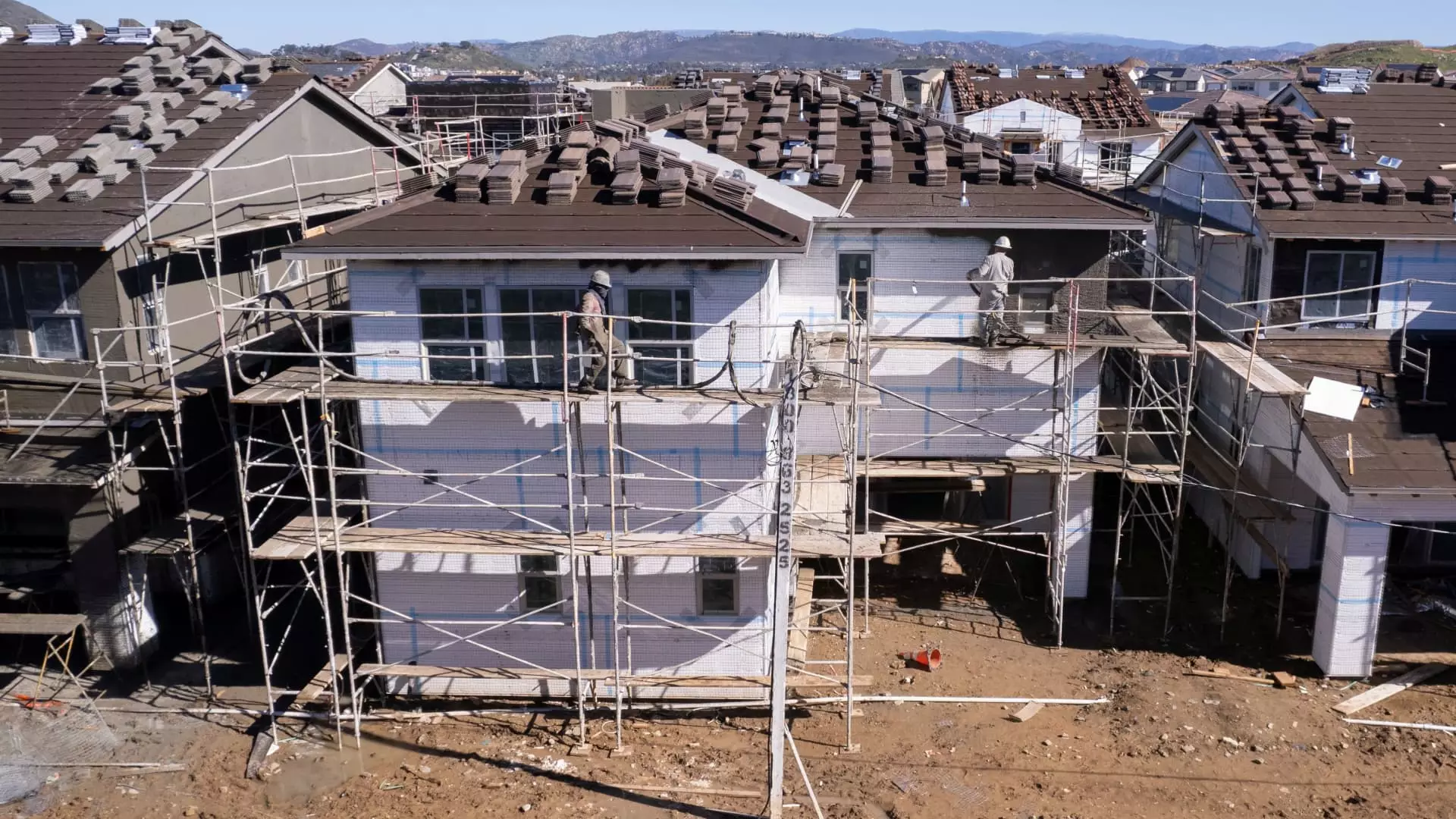Homebuilders D.R. Horton and Lennar have seen their shareholder returns outpace the S&P 500 between August 2014 and August 2024. This growth in returns was promising, but recent downgrades in the investment outlook of both companies have raised concerns among analysts. Despite this, some investors remain optimistic about the industry’s prospects for future performance. It is important to closely monitor the trends and factors influencing the homebuilding sector to make informed investment decisions.
Industry observers point out that the market positions of top homebuilders have significantly grown since the 2007-2008 financial crisis. Stimulus packages in the early 2010s provided these companies with a liquidity boost that they could utilize as needed. Lower levels of competition among homebuilders may have contributed to the U.S. housing shortage, as noted by researchers. The need for millions of new homes to address the rise in housing prices is a pressing issue that requires immediate attention.
The process of obtaining permits for new residential projects can be challenging, especially in areas with restrictive zoning laws. This bureaucratic hurdle often slows down construction projects, leading to delays in addressing the housing shortage. Regions with more open land and looser regulations tend to see higher levels of home sales, highlighting the impact of local policies on housing market dynamics. The disparity in permit approval timelines between states like California and Texas underscores the need for more efficient processes.
Vice President Kamala Harris and former President Donald Trump have differing views on zoning reform and its implications for residential construction. Harris advocates for relaxing restrictive zoning laws to facilitate the construction of new homes, while Trump opposes denser housing developments in suburban areas. The contrasting approaches of these political figures may shape the future pace of residential construction and housing affordability. It is essential for policymakers to address the housing shortage by implementing effective zoning and construction policies.
The performance of homebuilders like D.R. Horton and Lennar has both positive and negative implications for the U.S. housing market. Shareholder returns have fluctuated over the years, reflecting the challenges and opportunities facing the industry. Addressing the housing shortage requires a collaborative effort from stakeholders across the public and private sectors. By understanding the market forces at play and advocating for policy reforms, we can work towards creating a more inclusive and sustainable housing market for all.

